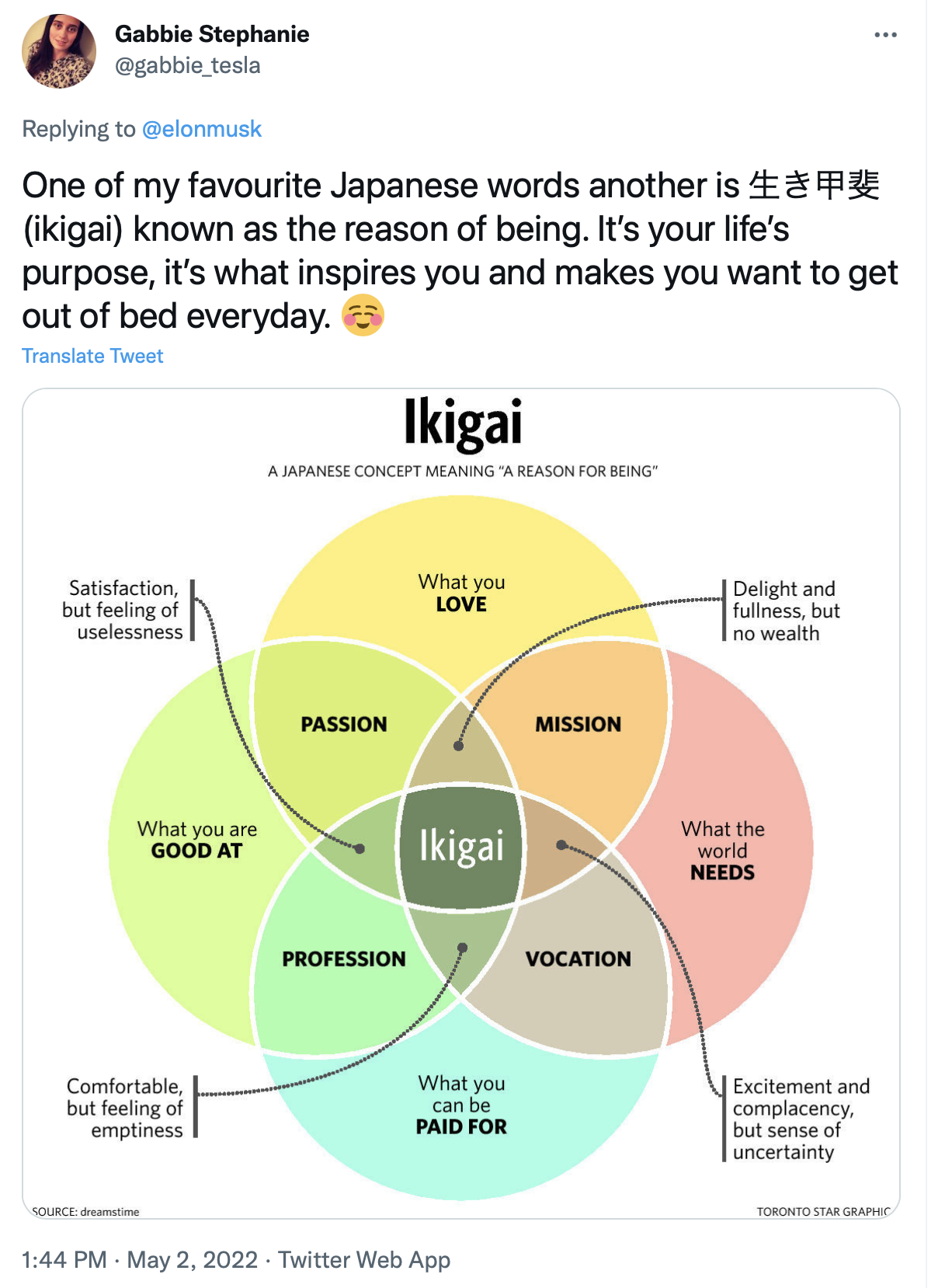Some Practical Advice from Psychologist Dan Gilbert
I recently listened to an episode of Steven Levitt's excellent podcast, "People I (Mostly) Admire." On Episode 73, Stephen's guest was Harvard psychologist Dan Gilbert, who is quite a character. I would invite you to listen to the entire podcast, which was quite entertaining. There were several points in the podcast where it occurred to me that Gilbert was offering some practical advice that I could use in my own life. I recorded those portions of the podcast and created a transcript. Here are those excerpts:
[The End of History Illusion]
Dan Gilbert: The End of History illusion, is very simple idea, which is that people tend to believe that they will change in the future, less than they actually do. Almost all of us have this sense that development is this process that's brought us to this point, we've now become our actual selves. And from here on out, there will be wrinkles and pounds, but will basically be who we've always been. And what we discovered in our research was that when people look back, they say, Wow, have I changed a lot in the last 10 years, but I don't expect to change much in the next 10 years. That sounds probably like a teenager to win it. But it's also true of people in their 50s and 60s and older. . . . The rate of change does slow. It just doesn't slow as much as we anticipate. So you're right to think, you know, I'm probably not going to change as much between 50 and 60, as I did between 20 and 30, you're just wrong to say you're not going to change at all, I just turned 64. And somebody asked me what's it like? I said, it's like a whole new puberty!
[Shocking Boredom]
We were very interested in why people find it difficult to be alone with their own thoughts. We put people in a room with a shock machine, and they got to feel the shocks, so they could find out that they were pretty intense, and they hurt. And we even asked them how much money they would pay to avoid being shocked. And they were willing to pay a reasonable amount of money. How much would you pay to avoid the shock? You know, if I were an economist, that's the thing I would remember. But the point is, they didn't enjoy the shocks, they would even be willing to pay some amount of money, it doesn't even matter how much to avoid them. Because what comes next flies in the face of that declaration, which is when they're in a room alone, no phone, no wristwatch, no books, and they're just asked to sit and entertain themselves with their own thoughts. But they're told that if they want, they can certainly shock themselves. Guess what happens? The majority of men, and a healthy number of women, do so. . . . most people find it so aversive to have no stimulation whatsoever, that they're even willing to experience a little pain and play with that just to have something to feel.
Steve Levitt: I wish we could go back in time, and do this experiment. In 1975, when there were four TV stations, and there was no internet, no cell phones, we would have suffered horribly back in those days, if we weren't able to be alone with our thoughts. Do you think this is very much a product of modern technology?
Dan Gilbert: Think of a family living in a small log cabin, in the middle of Montana, going through the winter, barely going outside there in one room, there's no TV, there might be a Bible, who knows if anybody can read? Oh, my gosh, there's nothing to do. And yet, as far as we can tell, there are no reports of people killing themselves out of boredom. So my guess is people were once upon a time, much better at closing their eyes and entertaining themselves than we are today. In a world that's just so full of entertainment, that we barely have a chance to close our eyes. I think imagination is a remarkable capacity. And that in all past generations, it was required. Very little imagination is required to live in the 21st century.
[On Having Fun with Anything]
Dan Gilbert: I would say that the reason I put so much time and effort into my teaching is because I'm lazy. And lazy people don't like to work.
[More . . . ]






